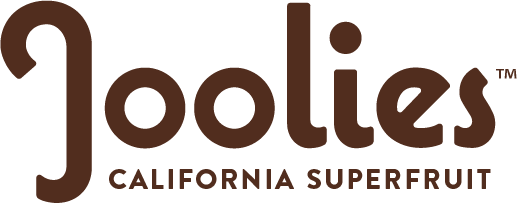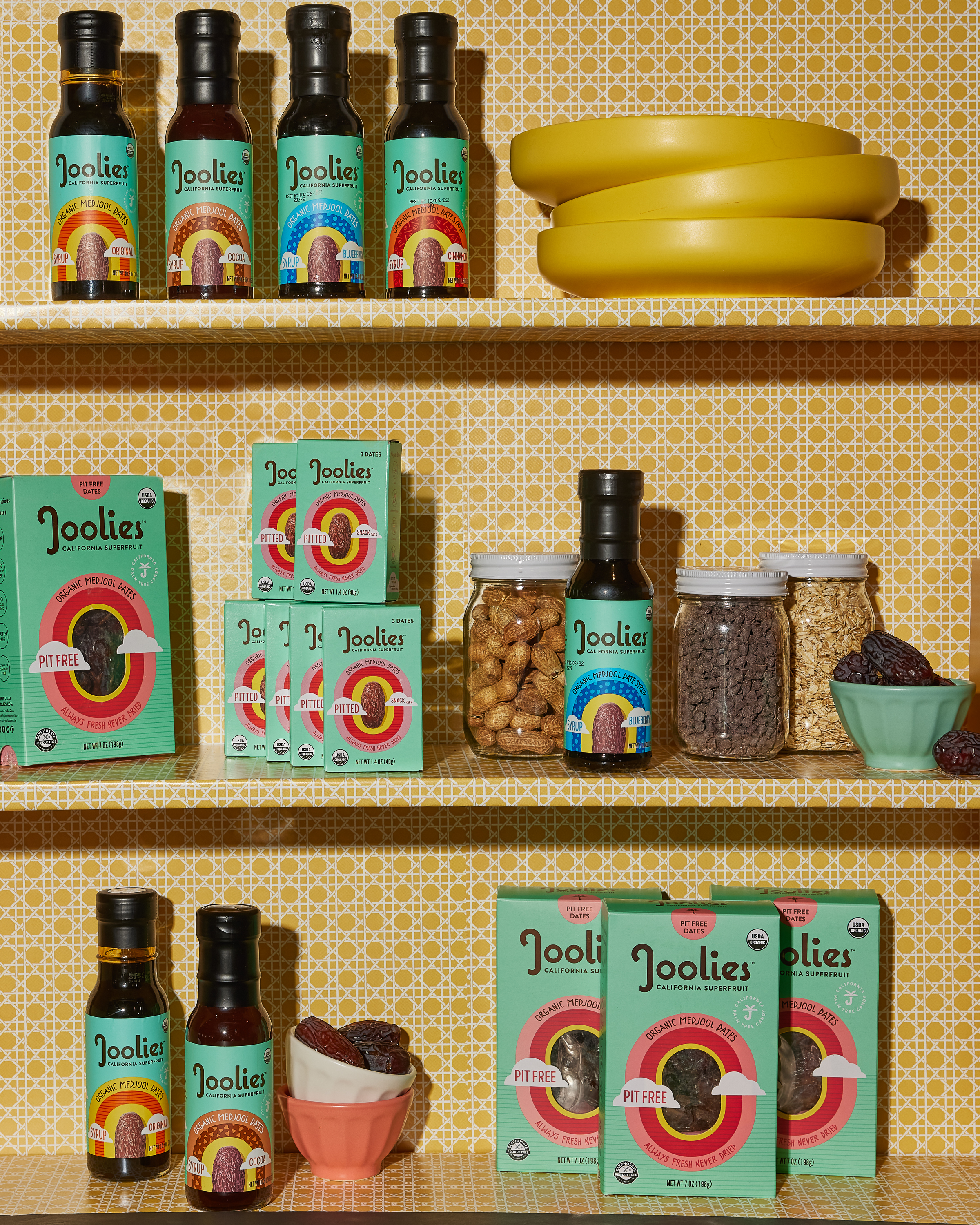The dirty truth about recycling as it's not as simple as it seems. What really happens to your recyclables and why they might night end up where you expect.
When it comes to the environment, we have all heard the three R's: Reduce, Reuse, Recycle. But when it comes to recycling, it's like a game of recycling roulette--not everything that gets thrown into the recycling bin gets recycled. While it's great to have the option to recycle and feel like we are doing our part for the environment, the reality is that recycling is a lot more complex process.
After the Bin
A common misconception is that if an item simply makes it into a recycling bin it will be recycled into something new, but that is not always the case.The reality is that the recycling process is complex and dependent on a variety of factors, from the type of material being recycled to local recycling regulations and market demands. America's recycling system is a broken mess (literally) and facing a major challenge, as only one third (about 32%) of what we put in the recycling bin actually gets recycled. What might be more shocking is the fact that less than 6% of the plastic produced is recycled. Why is only such a small amount actually recycled? It has been contaminated, is virtually impossible to sort for recycling, environmentally harmful or not economical to reprocess.
Small Numbers with Big Impact
You have probably noticed little numbers surrounded by three interlocking arrows marked on most plastics. These numbers can be misleading, giving the false pretense that all plastics are recyclable or can be easily recycled. What they really indicate is the type of plastic something is made from--so think of it like an identification code. Numbers 1 and 2 (sometimes 5) are the more likely to recycled--or should we say downcycled--while numbers 3, 4, 6, and 7 are least likely to be recycled. Any recycled plastic is downcycled into other polymers to be repurposed--read post-consumer recycled material--making use of resources that already exist.
-1.png?width=879&height=451&name=plastics%20chart%20(1)-1.png)
The Downside to Downcycling
The not-so-pretty part of downcycling is the chances of recycled plastic getting recycled a third time is slim to none. Why is that? To simply put it, it is not economical. Recycling is expensive, requires large amounts of infrastructure, equipment, water, energy and the value of the end product (recycled plastics) is diminished. Until we are able to change the narrative and modernize our recycling infrastructure, it just doesn't make sense economically.
A case of Wish-cycling
It is also important to point out that one of the biggest problems contributing to this bottleneck is "wish-cycling," where we wish something could be recycled so we put it in the recycling bin (to clear our conscience) and cross our fingers. In reality, it is a waste of time, resources and perpetuates this false belief that the act of recycling "recyclable items" is helping to make the Earth greener. Now don't get us wrong, recycling is most certainly a part of the solution, but it's not the only solution. Sustainable practices like upcycling, regenerative agriculture, drip irrigation, and vertical integration, to name a few, are pivotal in combating climate change--which is why we proudly prioritize these methods and more here at Joolies.
In Conclusion
This is just the tip of the iceberg and we highly encourage checking out the Environmental Protection Agency's website for an even deeper dive into the antics of recycling and accredited resources. At Joolies, sustainability is top of mind for us and always will be. From the thorough exploration of various packaging alternatives, our recent packaging transition has inspired us to share our learnings and shed light on the reality of recycling. We know that taking care of the planet is more important than ever and we are doing our part to ensure that our practices are as earth-friendly as possible.








